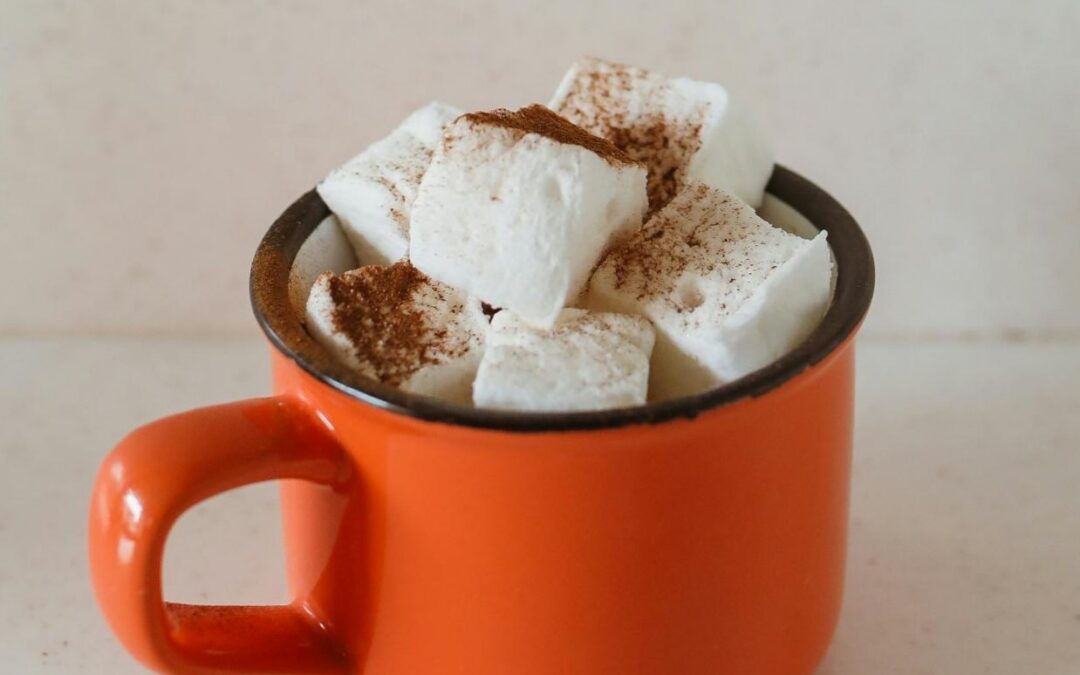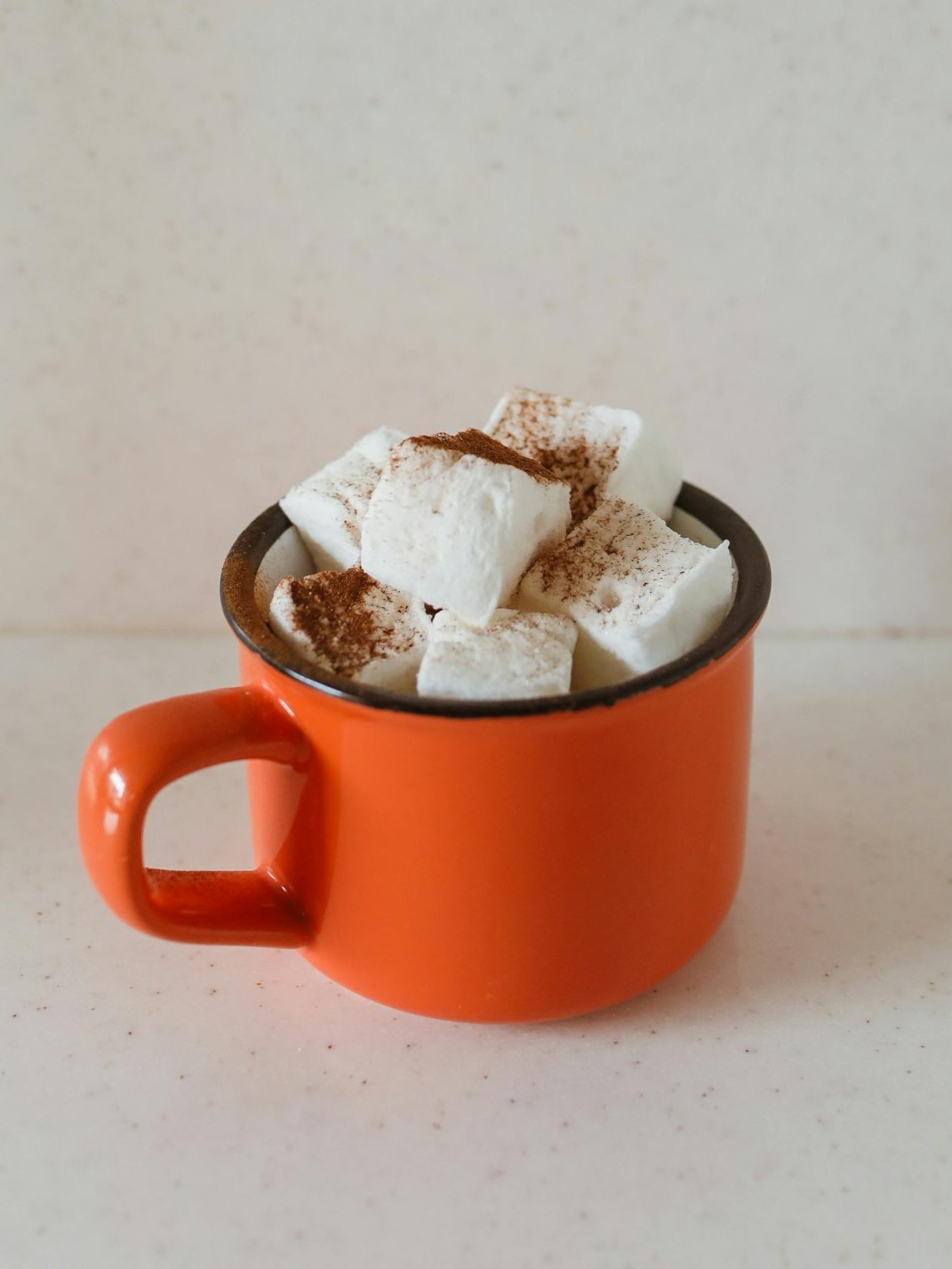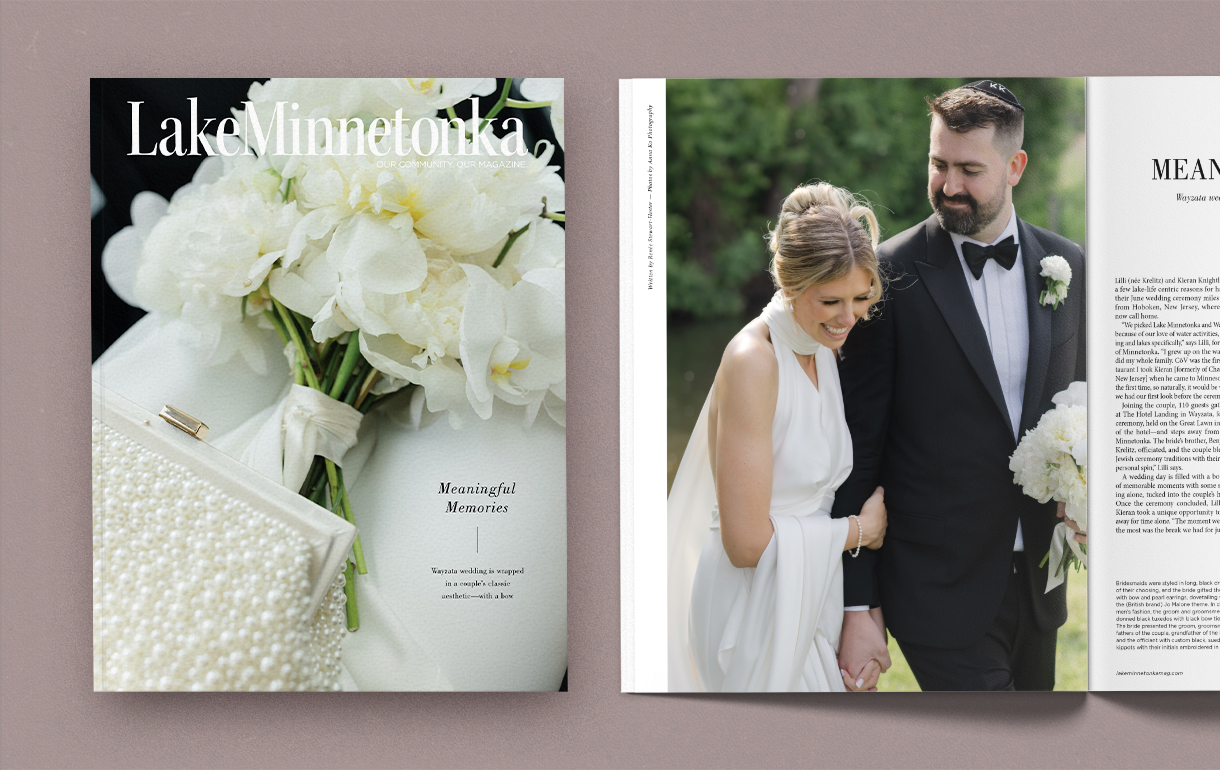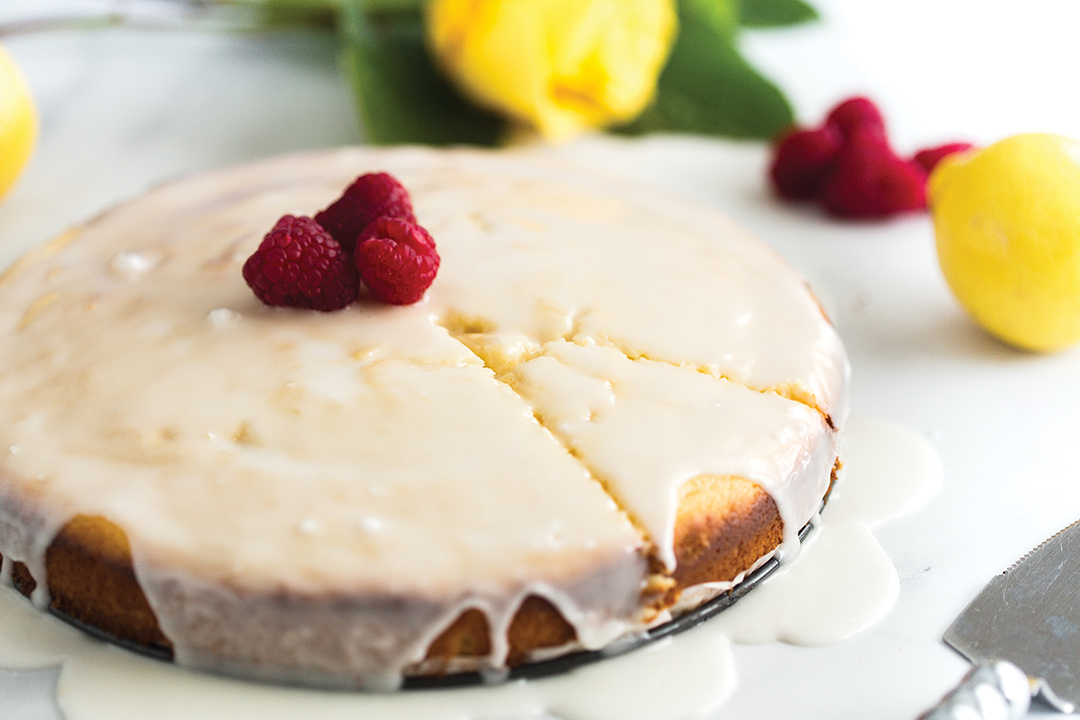
Photo: Tate Carlson
“The empanada’s origins are from the Middle East, but every culture has something like it,” says Diego Montero of DelSur Empanadas. “People come in and tell us about what they used to eat at home—and it’s always something wrapped in bread.”
Jiaozi: Chinese. Possibly the grandfather of all doughy, hand-held delicacies, it’s popular during the Chinese New Year and often filled with ground meat and can be boiled, steamed, pan-fried or deep-fried.
Gyoza: Japanese. They’re essentially wonton wrappers that are stuffed with pork and cabbage before they’re pan-fried, and often served with a sweet-spicy dipping sauce.
Egg rolls: American Chinese. It’s savory, with shredded cabbage, chopped pork and other fillings in a wheat flour skin and deep-fried. The ones you’ll find in China are more like spring rolls, with thinner skin and lighter fillings.
Pierogi: Polish. It’s unleavened dough around a soft filling of meat, fruit, or potato and cheese. Originally a peasant food, it’s like a dumpling—cooked in boiling water—and oh-so-delicious.
Pazcki: Polish. All together now: “pownch-key.” It’s more like a doughnut. A rich dough of egg, yeast, fat and vodka (yep!) is deep-fried and filled with jelly or cream. And then it’s rolled in sugar for good measure.
Pasty: United Kingdom. Native to Cornwall, this dish is exceedingly popular in Michigan’s U.P. where there’s a lot of Cornish heritage. Meat and vegetables are laid on a shortcrust pastry circle, and then it’s folded in half, crimped, and baked.
Panzerotti: Italian. It’s a deep-fried pocket of dough usually filled with cheese. Deep-fried and eaten hot, it’s what a Hot Pocket aspires to.
DelSur Empanadas
14725 Excelsior Blvd., Minnetonka
952.303.6081
Facebook: DelSur Empanadas
Twitter: @delsurempanadas
Instagram: @delsurempanadasmn




















